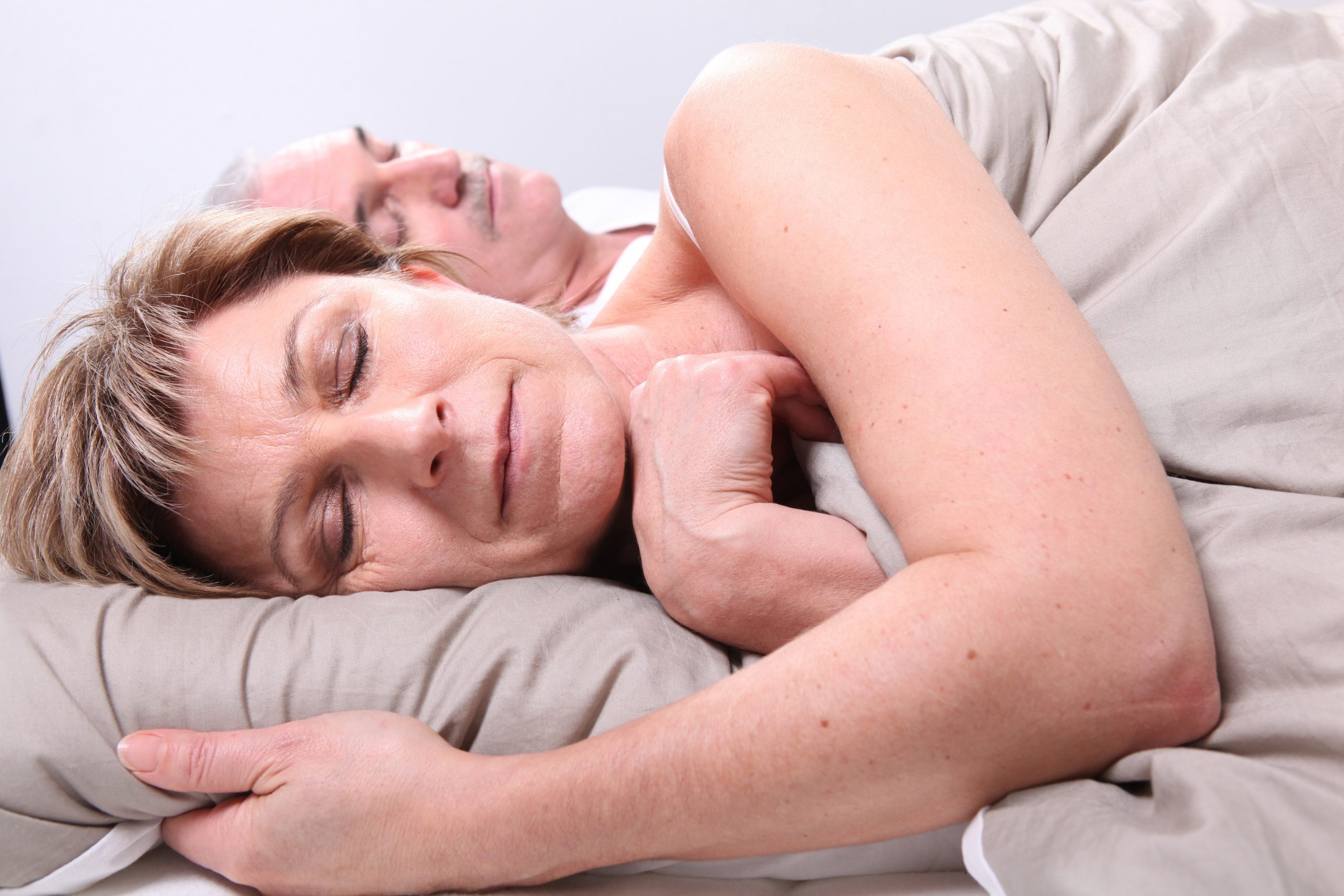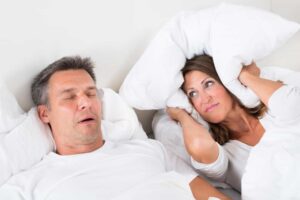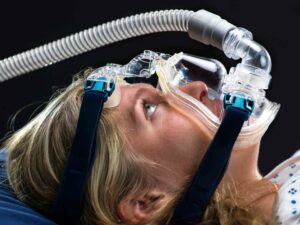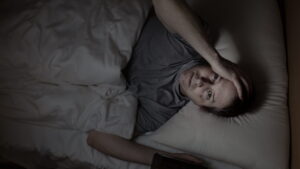You may experience allergy symptoms during the allergy season since fresh flowers release pollen into the air, dust mites and mould spores circulate, and so on. When allergies and sleep apnea combine their effects, it can be quite challenging to maintain comfortable breathing and receive the necessary rest. The allergic response not only results in hay fever and a runny nose, but a lack of sleep can also result in headaches in the morning, tiredness during the day, and other symptoms. Users of continuous positive airway pressure devices (CPAP) will be happy to hear this: CPAP therapy can give some relief and guarantee that you have a restful night’s sleep.
How Seasonal Allergies Disrupt Sleep
It’s common for allergic rhinitis to develop when allergens like pollen and other irritants get into your airways (runny nose) and can develop into sleep apnea. This happens when your mucous membranes create more fluid to flush the allergens out of your body. In addition, your body produces histamine as an additional defense mechanism against irritants. As the levels of histamine in your body build, you may find that you sneeze, get itchy and watery eyes, and experience more symptoms.
When standing upright during the day, the secretions produced in your sinus cavities usually run down into your throat. When you lie down, the congestion has nowhere to go, so it builds up in your nasal passages and causes obstructions in your airways. This is what happens when you have a cold. Therefore, even if you don’t experience any symptoms of congestion during the day, it may still impact you when you go to bed.
Related: 5 Signs indicating that you have Sleep Apnea
A sore throat, headaches, discomfort in the face, and pressure in the sinuses are some of the types of pain that can accompany inflammation and congestion. It becomes more difficult to take deep breaths via the nose, which leads to breathing through your mouth and results in a dry mouth.
Your ability to get decent sleep may suffer from any or all of these symptoms.

Can Allergies Cause Sleep Apnea?
People who suffer from obstructive sleep apnea (OSA) have a blocked airway during sleep, which causes them to stop breathing many times during the night. Although seasonal allergies are not the primary cause of sleep apnea, they can make the disease more severe for people who already have it. If you already have sleep apnea and combine that with the nasal congestion and inflammation brought on by seasonal allergies, you may find that your apnea episodes become more frequent and last for a longer period during the night.
Advice on How to Avoid Developing Allergy Symptoms If You Use a CPAP Machine
Maintaining a clean CPAP machine and supplies requires frequent cleaning. Over time, dust, mould, and bacteria can accumulate on your equipment, leading to the development of allergies. You should clean your CPAP with a moist cloth after cleaning or replacing the filters. Use a CPAP sanitizer as the final step.
Use a CPAP humidifier. Because it provides moisture to the air you breathe in, it can assist in the process of breaking up congestion. Your nasal passages may seem dry, but a heated humidifier can help alleviate this discomfort. Be sure to replace the water that has been distilled every day.
You should replace your CPAP mask. If you normally breathe through your nose when wearing a nasal mask, but during allergy season, you discover that you are breathing through your mouth instead, you might want to consider switching to a full-face mask instead.
10 Strategies for Overcoming Allergies
Your continuous positive airway pressure (CPAP) machine is not the only weapon in your arsenal to combat allergic rhinitis. Make use of these suggestions to prevent allergies from entering the bedroom.
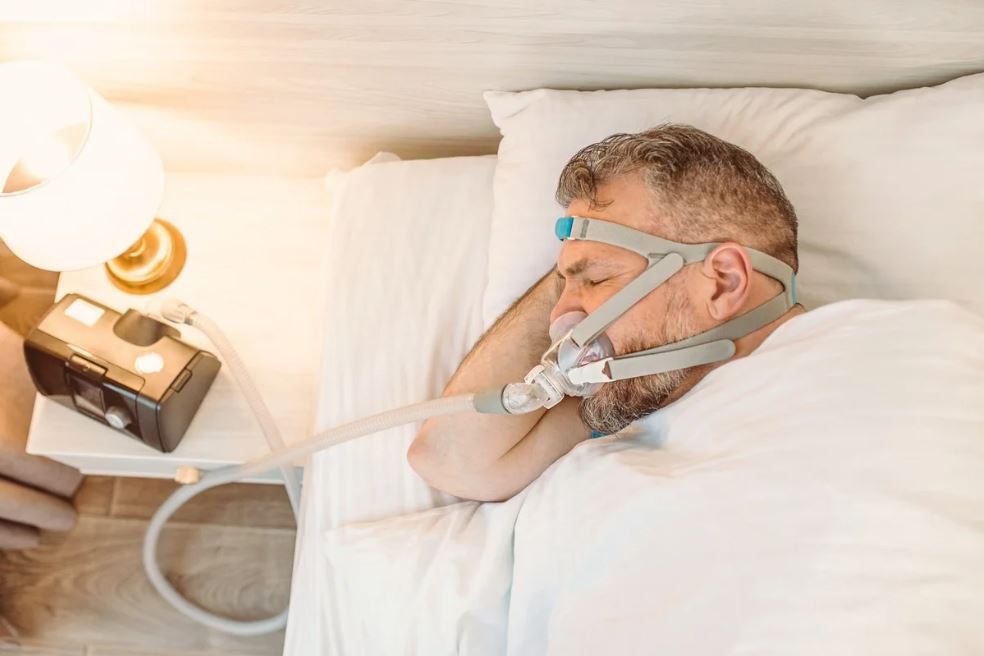
You should tidy up your bedroom. Change to hypoallergenic pillows and maintain a regular laundry schedule for the bed linens. Every surface should be swept, vacuumed, or dusted. Removing dust, allergens, pet dander, pollen, and other airborne particles can be accomplished by sweeping away the cobwebs.
- Before going to bed, shower to get rid of any pollen or other irritants accumulated throughout the day. Before going to bed, taking a shower with hot steam can also help clear up congestion.
- Change your clothes outside of your bedroom to avoid bringing pollen and other allergens from outside into your sleeping space.
- Because the pollen count is highest in the morning and at night during the spring allergy season, it is best to avoid activities outside during those hours and spend as much time as possible indoors on windy days.
- Make sure the windows in your bedroom are always closed so that pollen and other allergens don’t get blown inside.
- Ensure that your animals’ bedding is always spotless, particularly after they have been outside, and that they are not allowed in the bedroom at any time.
- Like the rest of us, those who suffer from allergies should drink plenty of fluids to stay hydrated. If you do this, it will strengthen your immune system to fight against irritants, and the act of drinking water will help to thin down and eliminate extra mucus.
If the air in your bedroom tends to be dry, you should consider running a humidifier there.
- Take your plants outside or move them to another area in the house. They have the potential to harbour mould as well as other irritants that can aggravate allergy symptoms.
- Discuss the idea with your primary care physician if you think that antihistamines, decongestants, or other allergy drugs could help.
It is possible to have year-round symptoms of seasonal allergies depending on the allergens you are sensitive to. Improve the quality of your life and your sleep by using your CPAP device to alleviate the symptoms of seasonal allergies.

